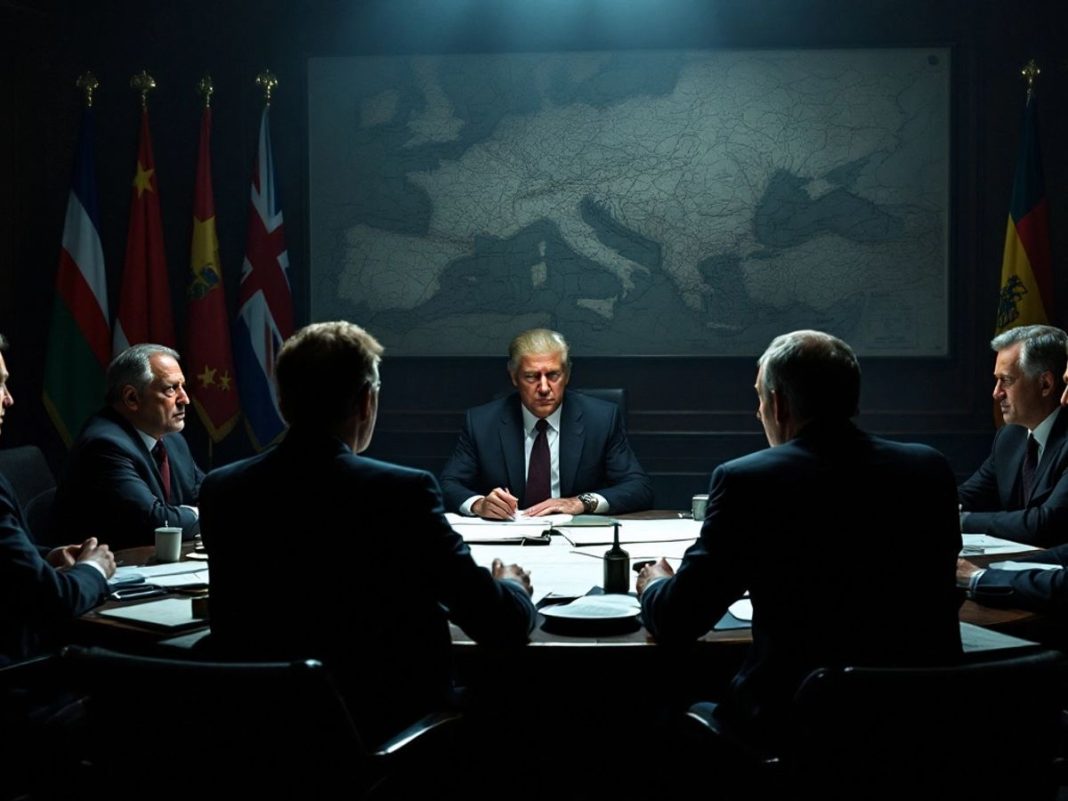In the lead-up to the U.S. presidential election, the potential return of Donald Trump to the White House raises concerns about the stability of the Western Balkans. With Serbia’s government increasingly asserting nationalist ambitions, the region stands on a precarious edge, risking a resurgence of conflict.
Key Takeaways
- Serbia’s government is pushing for a revision of the post-Dayton settlement, claiming Kosovo as part of Serbia.
- The Biden administration has managed to contain Serbia’s ambitions, but a Trump presidency could reverse these efforts.
- The EU must prepare to act independently to stabilize the region if U.S. policies shift.
The Fragile Status Quo
Over recent years, Serbia’s government, led by President Aleksandar Vucic, has intensified its nationalist rhetoric, culminating in an "all-Serb declaration" that challenges the sovereignty of Bosnia and Herzegovina and asserts claims over Kosovo. This declaration threatens to unravel the delicate peace established by the Dayton Agreement.
Risks of a Trump Presidency
A second Trump administration could pose significant risks to the stability of the Western Balkans, including:
- Loss of U.S. Neutrality: Trump’s close ties with Serbian leaders may lead to a bias in U.S. foreign policy.
- Influence of Hungary: Viktor Orban’s government could gain more sway over U.S. policies in the region, complicating EU efforts.
- Land Swap Proposals: The revival of dangerous ideas like land swaps between Serbia and Kosovo could reignite tensions.
- Removal of Sanctions: Lifting sanctions on Serbia could embolden nationalist movements in Bosnia and Kosovo.
- Disintegration of Bosnia: The potential collapse of Bosnia and Herzegovina could lead to armed conflict.
Historical Context
The concept of a Greater Serbia has deep historical roots, dating back to the 19th century. This nationalist ideology has fueled conflicts in the region, particularly during the breakup of Yugoslavia in the 1990s. The U.S. played a crucial role in stabilizing the region post-conflict, but the current political climate raises fears of a return to those dark times.
The Role of the EU
As the U.S. navigates its political landscape, the European Union must step up its efforts to maintain stability in the Balkans. This includes:
- Developing a robust deterrence strategy to counteract Serbian expansionism.
- Preparing financial and diplomatic measures to respond to any aggressive moves by Serbia or Republika Srpska.
- Strengthening ties with local governments to promote regional integration and stability.
Conclusion
The upcoming U.S. election could have profound implications for the Western Balkans. As Serbia’s nationalist ambitions grow, the region stands at a crossroads. The EU must be ready to take decisive action to prevent a resurgence of conflict, regardless of who occupies the White House after November 5.
Sources
- Trump’s tinderbox: US politics and the next war in the Balkans | ECFR, European Council on Foreign Relations (ECFR).

